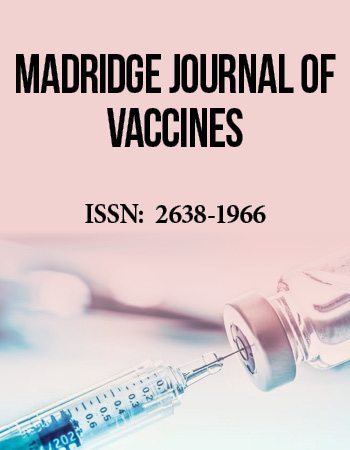International Conference on Vaccines
Feb 20-22, 2017 | Baltimore, USA
The results of Phase II clinical trial of HIV therapeutic optimized DNA Vaccine: The possible reach of viral reservoirs
1The Biomedical Center, Russia
2Research Institute of Highly Pure Biopreparations, Russia
3iPharma LLC, Russia
The DNA vaccine consists 4 DNA plasmids which contain optimized nef, gag, rt and env genes of HIV-1 subtype A.
The aim of the study was to estimate the safety and tolerability of the vaccine in HIV-infected patients on HAART. We also investigated the dynamics of viral load (including blips ≥ 50 copies/ml) and CD4+ T cells. This was a multicenter, randomized, double-blind, placebo-controlled Phase II clinical trial. Trial participants were randomized in three groups: 0.5 mg of “DNA-4” (17 patients), 0.25 mg “DNA-4” (17 patients) and placebo group (20 patients). All patients were immunized 4 times at days 0, 7,11,15 intramuscularly without electroporation followed by 24 weeks follow-up period.
“DNA-4” was well tolerated. There were no deaths or severe adverse effects detected during the study. Adverse affects were more pronounced at lower DNA concentrations. Neutropenia and leukopenia were detected in four vaccinated patients. Local reactions were detected in vaccinated groups and placebo group with the same frequency. We found that 3 trial participants (in groups 0.25 mg and 0.5 mg) had significant increase in blips amplitude (18000 copies/ml and 2800 copies/ml in group 0.25 mg; 709 copies/ml in group 0.5 mg) while the frequency of blips was similar in vaccinated and placebo patients. This might be caused by destruction of latent viral reservoirs as a consequence of induction of cell immunity and expression of TNFα in vaccinated patients as shown by previous studies.
Biography:
Andrei P. Kozlov, Ph.D., Dr.Sci., Professor of Molecular Biology, was born in Leningrad in 1950. In 1972 he graduated with honors from St. Petersburg State University (Department of Biochemistry). During the period 1972-1975, he completed postgraduate studies at the N.N. Petrov Research Institute of Oncology and successfully defended his Ph.D. thesis devoted to the studies of low molecular weight nuclear RNAs in normal and tumor tissues. In 1978-1979 Dr. Kozlov served in a tenured Research Training Fellowship awarded by the International Agency for Research on Cancer at the laboratory of Robert Gallo at the National Cancer Institute.


